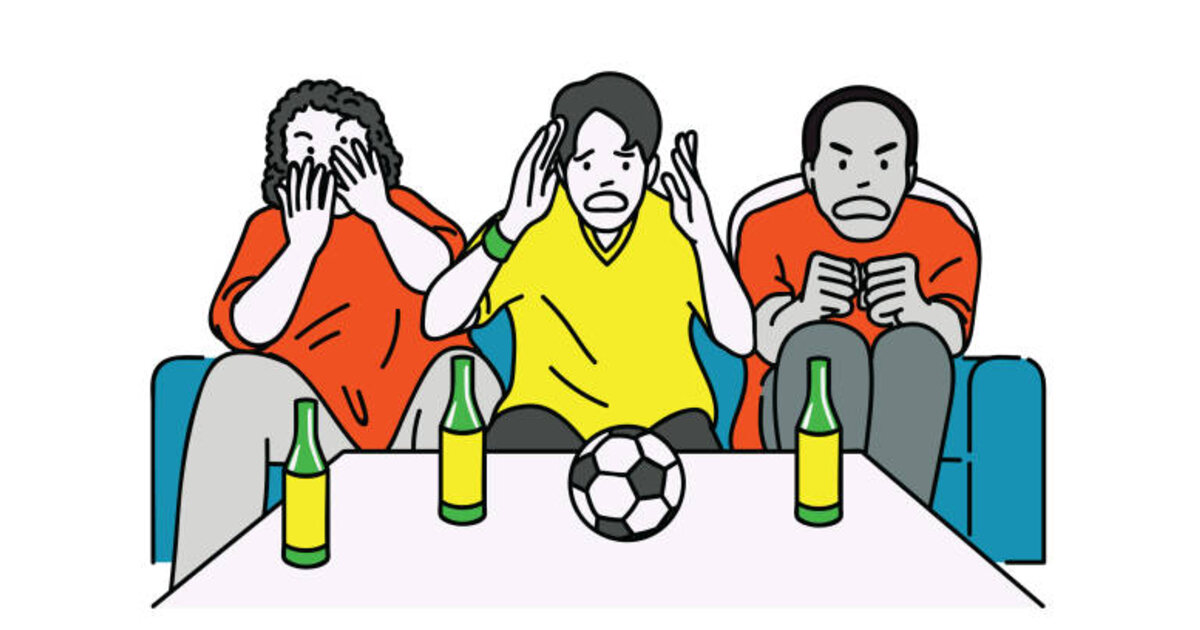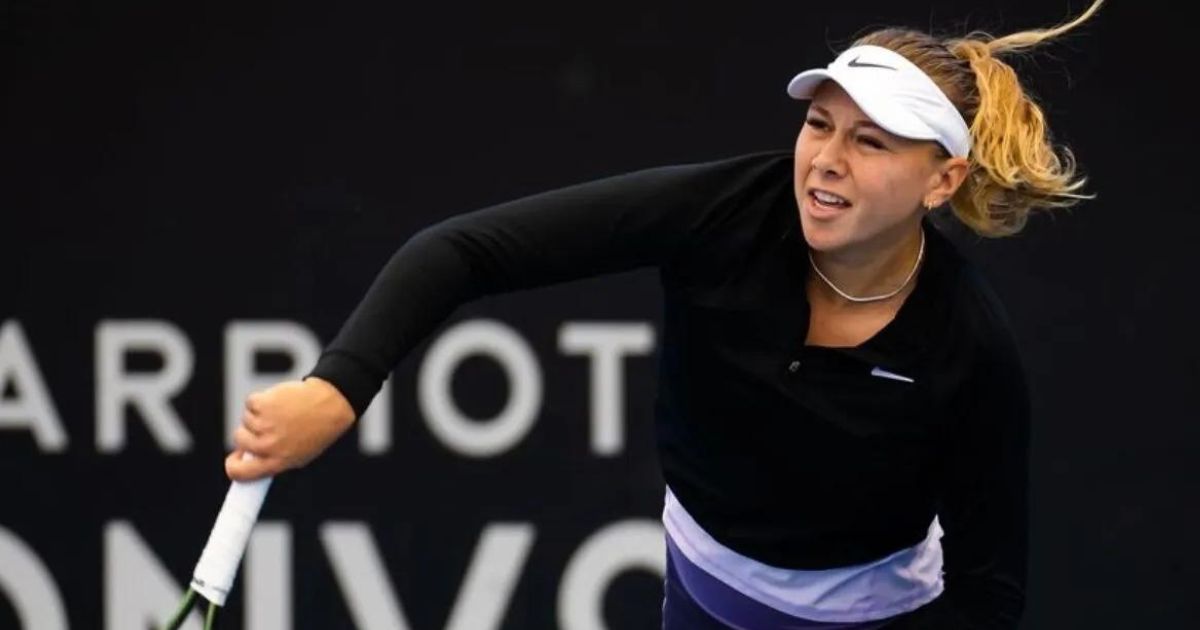Ever wondered why can sports be stressful? And yet we keep coming back for more. Let’s delve into the psychology behind this passionate attachment to teams and players.
Why Can Sports Be Stressful? Understanding The Thrill
The experience of sports fandom, often characterized by a rollercoaster of emotions, has a profound impact on individuals, triggering both elation and frustration.
Psychologist Pamela Rutledge, director of the Media Psychology Research Center, asserts that sports enthusiasts establish emotional connections through two avenues: membership in a fan community and an attachment to star players.
The latter involves the phenomenon of parasocial relationships, where fans form one-sided bonds with individual athletes.
This connection deepens over time, especially with athletes like Serena Williams, whose long and illustrious career allows fans to become intimately familiar with her. This familiarity fosters emotional attachment, making the retirement of such a figure a poignant loss for fans.
Moreover, supporting a sports team, whether it’s a local club or a national powerhouse, fosters a sense of belonging within a community. Rutledge explains that group affiliation contributes significantly to an individual’s self-image.
Identifying with a team fuels collective self-esteem and often leads to an “us versus them” mentality, shaping the fan’s perception of their own identity.
However, this emotional investment in sports can be a double-edged sword. When a fan’s team or beloved player wins, they experience “BIRG-ing,” basking in the reflected glory, and feel a surge of pride not only for the athletes but for themselves as well.
Conversely, a loss leads to “CORF-ing,” an emotional response involving disappointment, disgust, and a desire to distance oneself from the team or player. Fans may also seek to attribute blame to external factors as a way of preserving their self-esteem.
The intensity of these emotional responses tends to escalate when the stakes are higher, particularly when facing formidable opponents. Rutledge notes that beating a significant rival elicits more intense emotions, making it a more emotionally rewarding victory.
In sports bars on game days, a wide spectrum of emotions is on display, from jubilation to despair, anger, fear, and desperation. These emotional reactions are integral to the compelling narrative of sports, where fandom intertwines emotions and cognitive processes, adding meaning to the experience.
Simon Rego, chief of psychology at Montefiore Medical Center/Albert Einstein College of Medicine, emphasizes that the stress induced by sports is not unique and can be compared to how individuals react during significant political events or personal challenges.
The cognitive commonality lies in the perceived significance of the consequences, even when those consequences are largely imagined and intangible.
To manage these emotions effectively, Rego suggests stepping back to assess the legitimacy of one’s anger and blame, especially in cases of perceived injustices during games.
Additionally, fostering a more open-minded perspective by reevaluating the consequences of a loss can help mitigate extreme emotional reactions. Learning to modify initial thoughts and resist overemphasizing the significance of individual game moments can lead to a more balanced and enjoyable sports fandom experience.
Ultimately, despite the emotional rollercoaster, sports fans are drawn back by the powerful narrative and the shared experiences that make being a part of a fan community so rewarding.
As a wise reminder, after every Super Bowl, every team starts with a fresh 0-0 record, offering hope and a clean slate for fans to embrace once again.








Leave a Reply
You must be logged in to post a comment.